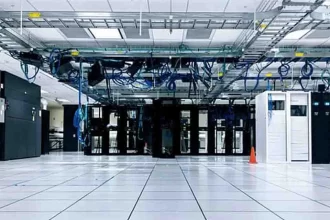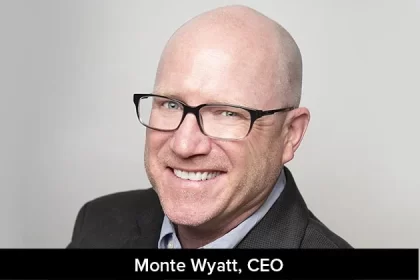Data has become an essential thing in the modern age, and no company can survive without the best possible access, storage, and use of data. But the volume of data that companies generate daily is increasing every year, and handling such a vast amount of data regularly is becoming troublesome. This is why efficient, sophisticated, and large data centers are being built to manage, store, and access data.
From Google to Facebook, every company working with data has its own data center. But still, every organization doesn’t have a data center of its own because it’s very costly to develop and operate data centers. That’s why most small and medium-sized businesses just lease space from a third-party data center.
Let’s look at the different types of Data Centers :
- Hyperscale Data Center: A hyperscale data center is also known as a hyperscale data center for businesses. This is one of the most modern data centers currently open. The company that supports it owns builds and manages these types of data centers, and that is why it is used only by big companies. Hyperscale data center is not feasible for SMEs, and that is why it is used by industry leaders such as Google, Amazon, Facebook, etc. Hyperscale computing is a requirement for big data storage and cloud in this type of data center. A hyperscale data center has an overall size of around 1000 sq. feet and they really are one of the best data centers. Besides that, there are nearly 500 cabinets upwards, but it can also have about 450 cabinets. Some of the critical distinctions between hyper-scale data centers and other types of Data Centers are the high fiber count.
- Colocation Data Center: It is that kind of data center where the single data center owner sells cooling, fuel, and data center space of various firms and other hyperscale customers at different locations. Interconnection is one of the main drivers in this form of the data center. You should be aware that a data center for collocation provides software interconnection as a service such as Salesforce or even Platform as an Azure service. Through this, enterprises can use a powerful and modern data center all the resources without having to deal with a lot of complexity. The colocation data centers have a radically different architecture and direction, specification, and technological architecture for transitioning customers in this type of data center, selected integrators.
- Wholesale colocation data center: In the case of a wholesale data center, there is one owner and that single owner sells power, space, and cooling much like normal collocation to hyperscale firms and businesses. But one important thing to know about data centers for wholesale colocation is that interconnection isn’t really required. Big companies are merely using this sort of data center to maintain their IT infrastructure. Similar to the traditional collocation data center, the wholesale collocation serves fewer customers.
- Enterprise Data Center: The enterprise data center is mostly built on-site but can also be built off-site in some cases. The company owns an enterprise data center facility is also owned by the company that it supports. Some parts of the enterprise data center are assigned to various sections of a business. It can be as high as 40MW+ and can have about 10 cabinets.
- Telecom Data Center: A telecom data center is a type of data center which is primarily operated by a telecommunications company, including AT&T and Verizon. But only one service Provider Company can also own this sort of data center. High connectivity is the business engine, and thus a telecom data center would not be able to operate correctly without reliable connectivity. Cloud computing, mobile services, and even the driving of content delivery are responsible for the telecom data center.










